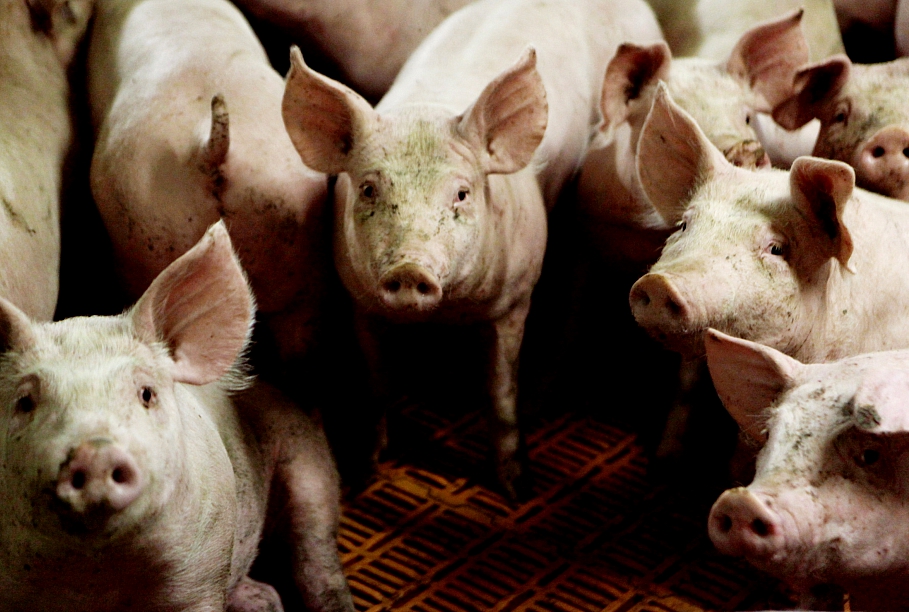The cabinet during its meeting on Tuesday expanded the critical areas for ASF as required in the decisions of the European Commission in force as of August 14, and approved amendments in regulations on measures to prevent and eradicate the disease, the Latvian Agricultural Ministry reported.
The Agricultural Ministry said that the newly established critical areas are based on the current epidemiological situation in the Baltic states and Poland, and will allow targeted animal health control measures.
"In the past weeks the ASF situation in Estonia and Latvia has changed -- new ASF cases in domestic pigs have been confirmed. Therefore, the European Commission will prepare a new decision, expanding the critical ASF areas in Latvia," the ministry said.
As a result it seems that with local efforts to halt the spread of the disease having proven ineffective, Brussels is now taking the initiative.
The government on Tuesday also approved amendments to biosafety regulations to preserve pig breeding as a sector in Latvia and prevent further spread of ASF.
"As the hot summer weather has set in in Latvia, three new ASF cases were registered in farms. Analyzing the situation, it was concluded that the virus could have spread with fresh grass that was mowed for domestic pigs near forests and contaminated by ill wild boars. In another case, the disease had been spread through birds. Unfortunately, there are high risks that also domestic pigs can catch the disease, especially if owners of these pigs are visiting forests or taking the pigs outdoors," the ministry said.
African swine fever is an extremely dangerous and contagious virus infection affecting pigs. If an infected pig is found in a farm all pigs in the particular farm have to be culled, which means big losses for farmers.
It first arrived in Latvia in June 2014, believed to have been carried across the border from Belarus by wild boar. A series of quarantine zones and culls in the months since have failed to stop its advance across Latvia and into Estonia.




























